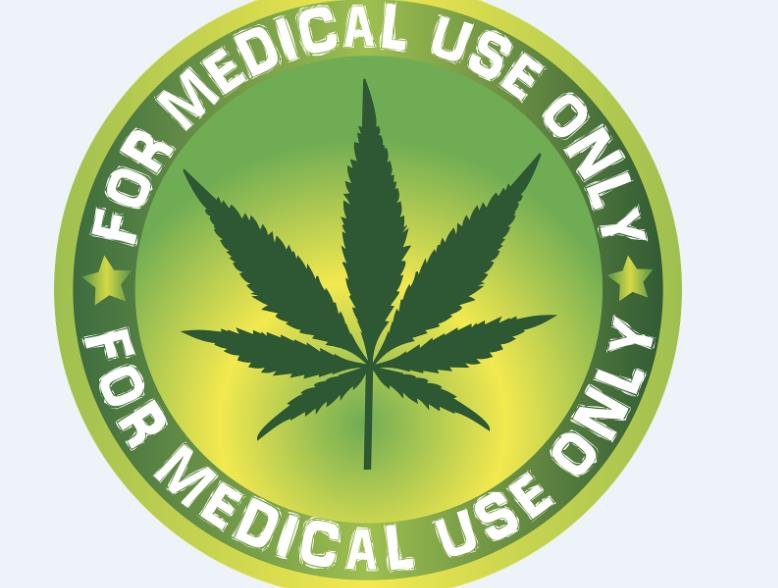The therapeutic use of cannabis has been a subject of much debate and hope for individuals seeking relief from various ailments. However, recent studies have highlighted a growing concern: the high rate of dependency among medical cannabis users.
Medical cannabis is often seen as a beacon of relief, yet the line between use and dependency is becoming increasingly blurred. A meta-analysis by Dawson et al. revealed that 25% of individuals using medical cannabis met DSM-5 criteria for Cannabis Use Disorder (CUD), with tolerance and withdrawal being the most frequently reported criteria.

This finding suggests that the brain does not differentiate between medicinal and recreational cannabis, raising questions about the long-term implications of medical cannabis use.
The Risk Factors
The risk of developing CUD appears to be compounded by factors such as frequency of use and the reasons for consumption. For instance, young people engaging in weekly or more frequent use of cannabis have a 33% risk of developing dependence.
Moreover, medical cannabis use for conditions like depression and chronic pain may add to the risk for CUD, highlighting the need for comprehensive patient education and monitoring.
Navigating the Challenges
The medical community is now tasked with navigating the challenges posed by these findings. Side effect warnings should accompany the sale of medicinal cannabis products, and healthcare providers must be vigilant in recognizing signs of dependency.
As the conversation around medical cannabis continues to evolve, it is crucial to balance the potential benefits with the risks of dependency, ensuring that patients are supported and informed in their treatment choices.
David Johnson is a respected writer known for his expertise in crafting compelling articles about cannabis. With a passion for exploring the intersection of cannabis, health, and wellness, he sheds light on the therapeutic properties and potential uses of this versatile plant. David’s in-depth analysis and thought-provoking commentary offer readers a deeper understanding of the evolving landscape of cannabis legislation, consumption methods, and industry trends.








